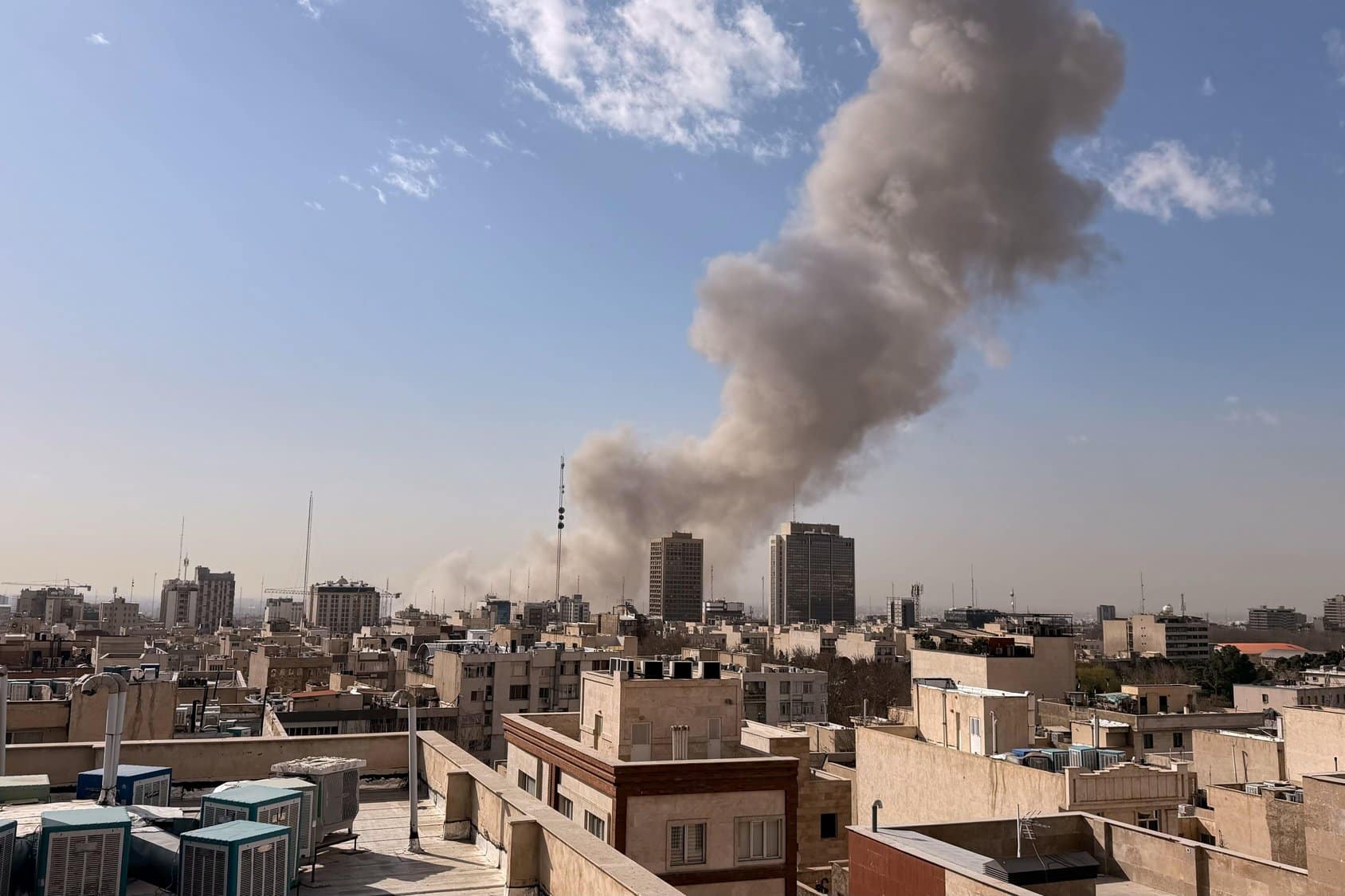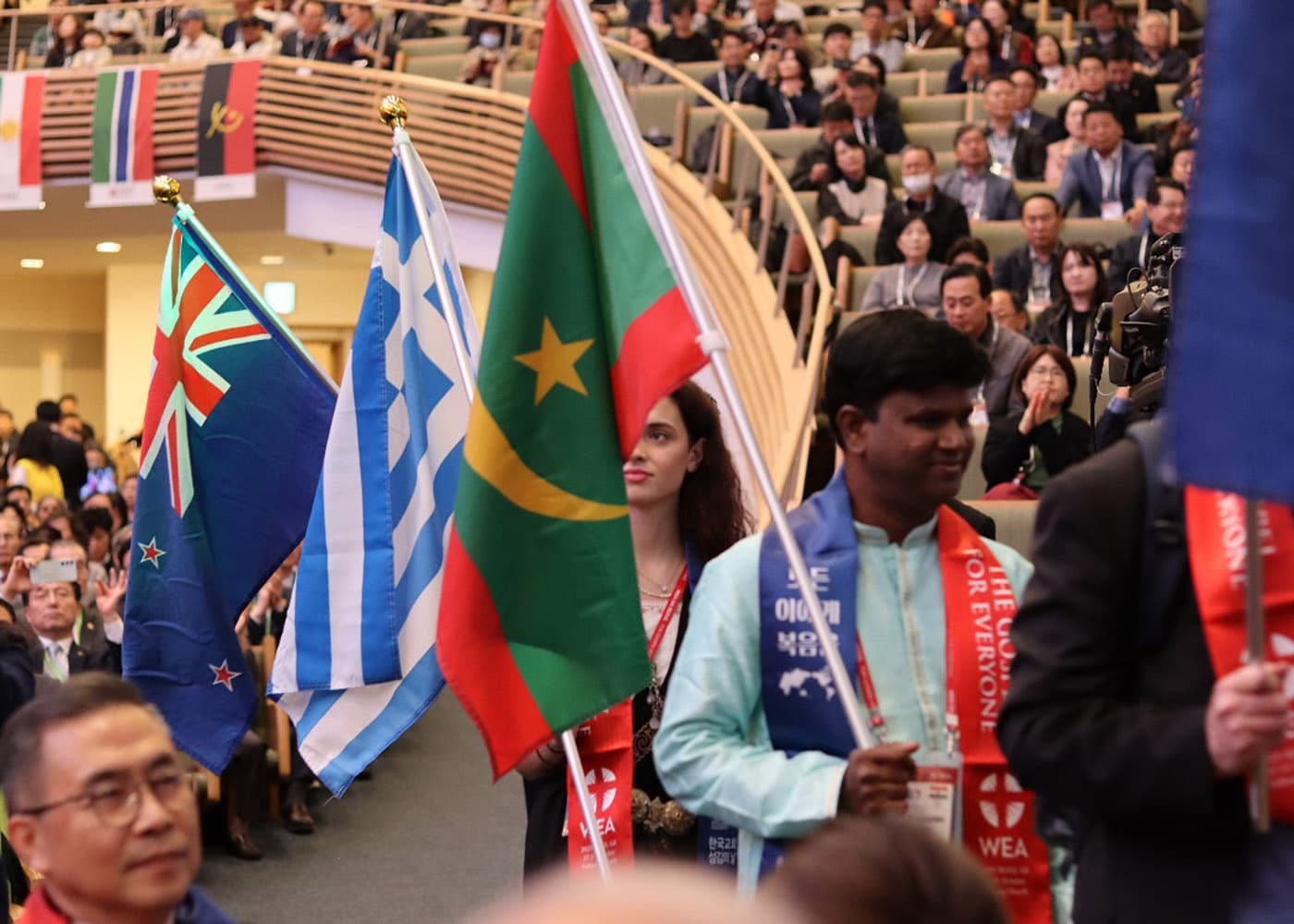Russia is launching new restrictive measures to bring civil society
under tighter government supervision and control. A controversial
draft law aimed at tightening state control over NGOs
(non-governmental organisations) passed its first reading at the
State Duma on Wednesday 23 November. Also the Russian language
magazine “Vedomosti” published an article on 14 November based on a
document from the Ministry of Justice that recommends radical
measures for intensifying control of religious groups.
The measures are doubtless a response to some major Kremlin fears:
the prospect of a Western-sponsored “velvet revolution”; the threat
of Russian Orthodox displeasure at, and loss of influence due to,
the growth of “totalitarian sects” (non-Orthodox groups – includes
Protestants/evangelicals); and the threat of destablising,
government-undermining Islamic terrorism (Wahhabi) and revolution
(Hizb ut-Tahrir). (Notice: all the “non-traditional” problematic
elements are in the brackets!)
————————————
THE NGO BILL
————————————
On Wednesday 23 November, a new Bill that would place
non-governmental organizations (NGOs) under strict state control,
passed its first reading in the Russian State Duma, by 370 votes to
18. The draft bill is expected to pass its second and third
readings by the end of this year. The Bill would then need to be
approved by the Federation Council before President Putin could sign
it into law.
According to The Moscow Times, Independent Duma deputy Vladimir
Ryzhko protested in the debate before the vote, “This bill will put
an end to civil society in Russia. The Duma has neither the moral
nor the constitutional right to vote in favor of it.” (Link 1)
But as The Moscow Times reports, Andrei Makarov, the Deputy of the
pro-Kremlin United Russia majority party, defended the legislation.
He claimed it was a means to fight extremism and money laundering,
and denied that it sought to clamp down on NGOs. Also, “Alexei
Ostrovsky, a member of the nationalist Liberal Democratic Party and
a co-author of the bill, heaped scorn on NGOs and accused the CIA,
the U.S. intelligence agency, of fomenting uprisings. ‘We remember
how those human rights organizations defended human rights in
Yugoslavia, Ukraine and Georgia under the cover of the CIA, and we
know how it ended,’ he said.”
Ostrovsky’s words echo those of Russia’s Federal Security Service
(FSB) chief, Nikolai Patrushev, who, in the Russian State Duma on 12
May this year, accused American, British and other foreign
humanitarian and educational NGOs of providing cover for
professional spies. Patrushev accused Western organisations of
bankrolling peaceful revolutions in former Soviet republics, and
claimed that Western intelligence services use information gathered
by NGOs to bring about political upheaval. (Link 2)
The Moscow Times reports: “If the current bill is passed into law,
the country’s 450,000 NGOs will be forced to re-register with the
Justice Ministry’s Federal Registration Service under tighter rules
next year. The agency would also have to check that NGOs did not use
foreign grants to finance political activities.
“The bill would also bar foreign NGOs from having representative
offices or branches in Russia and restrict Russian NGOs’ ability to
accept foreign cash or employ non-Russian workers.”
Radio Free Europe/Radio Liberty reports, “According to the Center
for Development of Democracy and Human Rights, Russia has over
400,000 active NGOs, 2,000 of which are exclusively devoted to human
rights advocacy and 15,000 of which deal with human rights among
other issues.” (Link 3)
One thing the NGOs fear is abuse of power, and that any number of
excuses will be found to deny registration to, shut down or expel
NGOs that irritate the government.
Holly Cartner, Human Rights Watch’s regional director told the
Moscow Times that she believed the legislation would “eviscerate”
civil society in Russia. “The express purpose of this law is to
emasculate the NGO community,” she said.
As noted by a Moscow Times editorial, “These measures, which would
allow the authorities to keep tabs on every little group, presumably
warm the hearts of all those former KGB agents now running the
country.” (Link 4)
———————————————
RESTRICTIONS ON RELIGION
———————————————
On 14 November, the Russian language magazine “Vedomosti” published
an article entitled “Spiritual Centralism; Government Prepares
Religious Reform”, by Anastasiia Kornia, Nedezhda Ivanitskaia”.
Stetson University’s “Russia Religion News”, which monitors news
media reports about religion in Russia and other countries of CIS,
has published a translation under the heading, “Department of
Justice contemplates restrictions on religion”. (Link 5)
The article commences: “‘Vedomosti’ has obtained a report by the
Ministry of Justice that contains radical measures for intensifying
control over religious organizations. In particular, it is proposed
to stiffen the procedures for issuing entry visas for missionaries
and to simplify the procedures for liquidating religious centers.”
The Ministry of Justice’s report recommends that the basis for
liquidation of a religious centre could be two verdicts of a court
regarding “crimes of an extremist nature” issued with regard to two
of its members in the course of one year. It is also proposed to
establish administrative and criminal liability for illegal
missionary activity.
Vedomosti reports, “The [Justice] ministry’s report was prepared for
the October enlarged session of the Security Council. The document’s
authors consider that Russia has been subjected to ‘foreign
religious expansion.’ In the past ten years the number of religious
movements in the country has grown from 20 to 69. To counter this
expansion it is proposed to limit the flow into Russia of foreign
missionaries and to regulate the registration of religious
associations.”
Paul Globe, writing for Window on Eurasia, notes that Russia views
the multiplication of religious movements as a threat to the social
and religious fabric of the nation, rather than simply a reflection
of Russia’s new-found commitment to religious freedom. (Link 5)
Vedomosti also reports, “According to a source in the government,
after simplifying liquidation, the Ministry of Justice would want at
the same time to make registration of a religious organization more
complicated.”
According to Vedomosti, the Ministry of Justice is also proposing to
introduce a requirement that all members of one religion be
subordinate to “a single central organization of one confessional
identity on a given territory in the capacity of legal entity.”
It is this third proposal that has created the most controversy.
Muslims believe this proposal is specifically targeted against them.
Vedomosti quotes Geidar Djemal, the chairman of the Islamic
committee as saying, “In the first place this pertains to Islam.
This is connected with the campaign to discover the forces that are
destabilizing the regime.” But the same concerns, about the
difficulties of uniting all confessions and traditions under one
central authority, are being voiced by Jews and, doubtless, Protestants.
The limiting and regulating of issuances of entry visas for foreign
rel
igious figures is an administrative procedure that would be
easily implemented. This will devastate Russia’s many young
Protestant Theological Colleges and ministries (including NGOs) that
are presently reliant on foreign professors and workers.
The other two proposed measures would require new laws and none have
yet been drafted. Some analysts wonder if the Justice Ministry’s
proposals were leaked in order to test the waters, to probe public
opinion.
Vedomosti reports that Evgeny Sidorenko, the director of the
Department of Constitutional Legislation and Security Legislation of
the Ministry of Justice, said that the fate of such legislation
could be determined in the course of work on a law for combating
terrorism. Such work, he said, has been going on in the State Duma
since last year.
According to Vedomosti, the Orthodox Church is not concerned by the
prospect of more restrictive legislation. “‘It is hard to comment on
suggestions that are not finalized,’ says the vice-chairman of the
Department of External Church Relations of the Moscow patriarchate,
Archpriest Vsevolod Chaplin. ‘But so far as I know, nobody is
preparing any revolutions. We are talking about improving the law
within the framework of already existing concepts. This will permit
society, to a great extent, to control what happens within the
religious sphere.'”
PERSECUTION WILL BE BUILT ON A FOUNDATION OF DISINFORMATION
The government and the Orthodox Church are laying a foundation of
disinformation upon which they will marginalise and persecute the
non-traditional, “totalitarian sects” (includes
Protestants/evangelicals). Here is one example of how this is done.
The Russian Federation Federal Service of Drugs Control has spoken
out strongly against the practice of “totalitarian sects” operating
drug rehabilitation ministries. “We express serious concern in
connection with the activity of totalitarian sects in the field of
drug rehabilitation”, the head of the department, General Alexander
Mihajlov, told Interfax on Friday 25 November. (Link 6)
Mihajlov warned that non-tradition or totalitarian sects providing
drug rehabilitation services are, in the process, creating people
who are psychologically dependent. He believes that the
psychological dependence that people develop towards the “sects” is
just as dangerous and damaging to their health as any dependence
upon narcotics. He believes the government and traditional church
must work together to prevent Russian citizens coming in contact
with “sects”.
Mihajlov’s words echo a May 2005 report delivered by the Dean of
Saint Alexander Nevskii Cathedral, archpriest Alexander Novopashin,
to an international workshop entitled “Neo-pentecostal sects in
Russia: threat of religious extremism”.
In that report Novopashin claims that “only 3%-5% of drug addicts
can achieve a steady remission”, and that “pseudoreligious
totalitarian sects of destructive nature” take advantage of this
situation. He says the sects claim to be benevolent when really they
are predatory, and only seeking recruits. Novopashin claims the
sects recruit by reprogramming a narcotic dependence into a
psychological dependence – an addiction to the sect and its leaders.
He claims, “Psychiatrists have already borrowed from sectology a new
term – sect addiction.” He then illustrates the religious practice
of the sects using extreme examples, such as the “Toronto Blessing”,
before finishing with a story of a young girl who has a wonderful
testimony of apparent conversion and rehabilitation through an
evangelical ministry. She then denounces her “sect-dependence”,
returns to drugs and to the Mother Orthodox Church. (Link 7)
——————————————-
INDISCRIMINATE CLEANSING
So this is the situation faced by the Russian government:
traditional Muslims are calling for the government to prosecute
Wahhabis along with Hizb ut-Tahrir, so as to prevent unrest,
bloodshed and terrorism in the Muslim provinces and in Moscow. (Link
8) The government knows this is necessary for national security.
At the same time, the highly influential traditional Russian
Orthodox Church is calling for the government to deal with the
non-traditional/foreign/”totalitarian sects” (including
Protestants/evangelicals) so as to prevent “psychological addiction”
and social breakdown. The government knows this is necessary for
political security.
President Putin is doubtless aiming to cleanse Russia and bolster
both national and political security by sweeping out all problematic
non-traditional religion in the easiest way possibly:
indiscriminately, and for maximum political advantage.
Elizabeth Kendal
[email protected] <http://www.themoscowtimes.com/stories/2005/11/24/001.html <http://www.timesonline.co.uk/article/0,,13509-1887789,00.html <http://www.mosnews.com/news/2005/11/23/registration.shtml <http://www.globalresearch.ca/index.php?context=viewArticle&code=20050513&articleId=139 <http://www.rferl.org/featuresarticle/2005/11/45a60888-5deb-4700-80cb-e4dc3f68f277.html <http://www.moscowtimes.ru/stories/2005/11/24/005.html <http://www.stetson.edu/~psteeves/relnews/0511a.html#03 <http://www.interfax-religion.ru/?act=news&div=7762 <http://www.lermanet.com/cisar/russia/2005_05_26.htm <http://www.interfax-religion.com/?act=news&div=582 <http://www.interfax-religion.com/?act=interview&div=12 <http://www.WorldEvangelicalAlliance.com <http://www.WorldEvangelicalAlliance.com/commissions/rlc.htm <http://www.ea.org.au/rlc <http://www.advocatesinternational.org <





Stay Connected